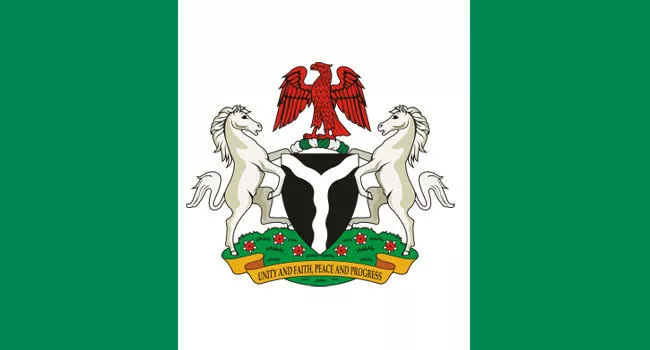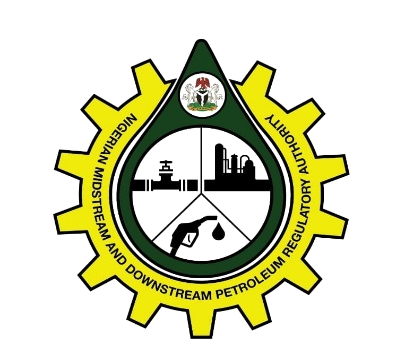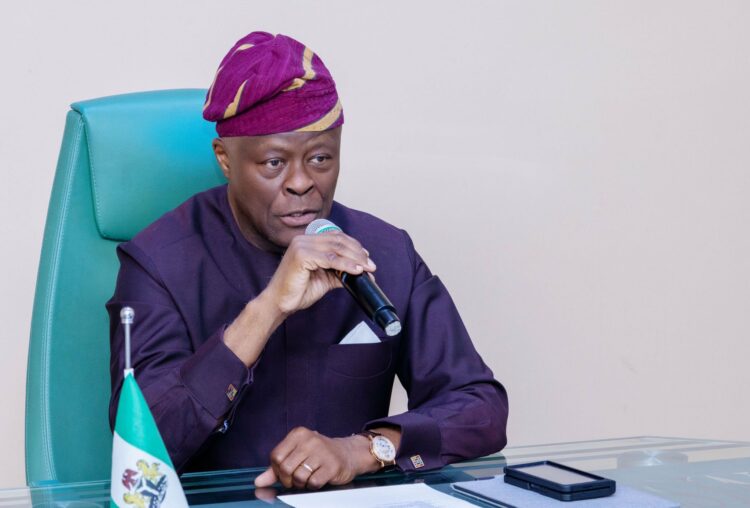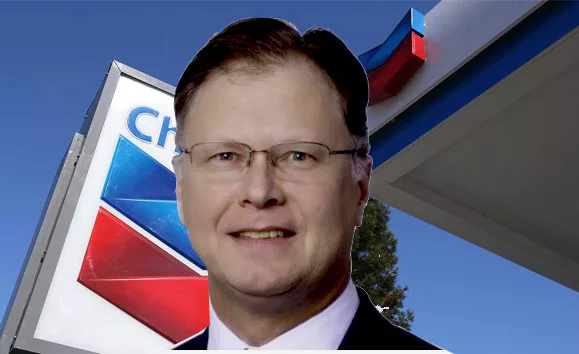
Industry leaders in Nigeria have dissected innovative risk management strategies to overcome the economic challenges facing the country.
The leaders spoke in Abuja yesterday, during the 7th Nigerian risk leadership summit and awards with the theme: “Connecting Risk Resilience And Innovation For Sustainable Growth.”
The event also featured panel discussions on the skill sustainability risk for Nigerian organisations, and strategies for building risk and resilience management in Nigeria.
The vice president, Kashim Shettima who was represented by the Special Adviser to the President on Economic Affairs in the Office of the Vice President, Dr. Tope Fasua, urged Nigerian youths to strive to make a living anywhere they found themselves, as the global economic system has broken down.
“There is a need for people, organisations and nations to exercise great concern and intelligence in the world.
“Innovation drives today’s world and innovation is often a result of risk taking, as curiosity, observation and intelligent work. But the consumers of innovation must understand those equipment that make everyone’s life a little easier,” he said.
Also Speaking, the convener of the event, Dr.Joachim Adenusi, said the ultimate objective of this year’s summit is to provide a response to the ongoing challenges we face as a nation, offering a comprehensive idea for the stability of organisations in Nigeria.
He emphasised the need to explore innovative approaches to managing risks so that we can equip industry leaders and policymakers with the appropriate knowledge and tools to make informed decisions that will best benefit the growth of our great nation Nigeria.
“If we are able to manage risks on time, we may reduce the number of unending daily crises frustrating many Nigerians and start experiencing effective sustainable growth.
“So, let us embrace today’s event as an opportunity to learn, grow, and connect with one another. Let us be open to new ideas, perspectives, and experiences,” he said.
In his keynote presentation, the CEO of Nigeria’s Ministry of Finance Incorporated (MOFI), Dr. Armstrong Takang, represented by the Executive Director,(MOFI), Oluwakemi Babalogbon,said effective management of accountability is essential for creating a high-performance environment with an organisation.
According to him, when employees are held accountable for their actions and decisions, it fosters a culture of ownership, responsibility and continuous improvement.
Takang identified strategies of mitigating accountability risk, establishing clear policies and procedures, conducting regular audits and assessments, amongst others.
During the panel discussion on ‘Japa syndrome,’ the director of programmes, China Central Television, Kelechi Emekalam said there is urgent need to give attention to the massive exodus of Nigerians to other countries.
“We need to find a solution to what has become a consistent problem that is affecting different sectors of our economy and families.”
She lamented that the economic situation is pushing people out of the country, hence the need to make the economy stable where people can thrive.
Copied









